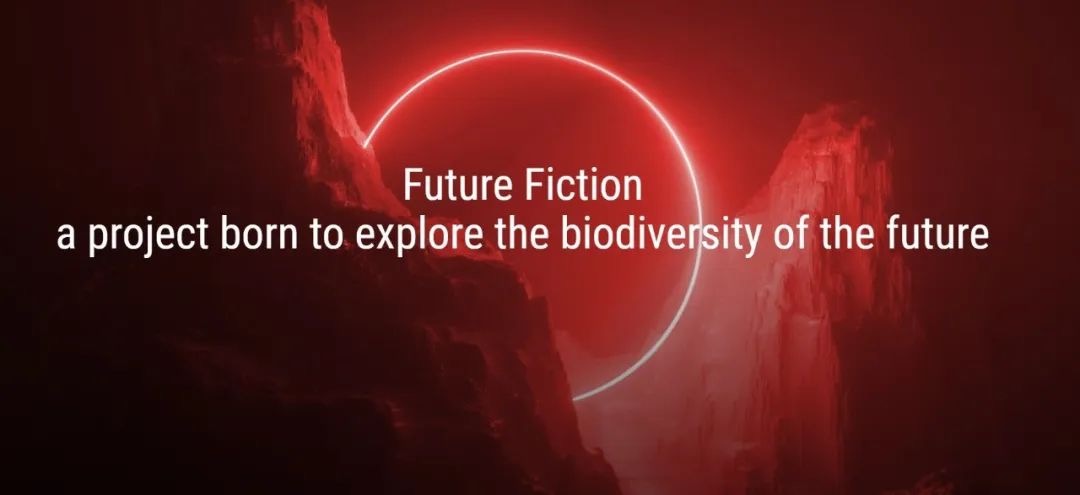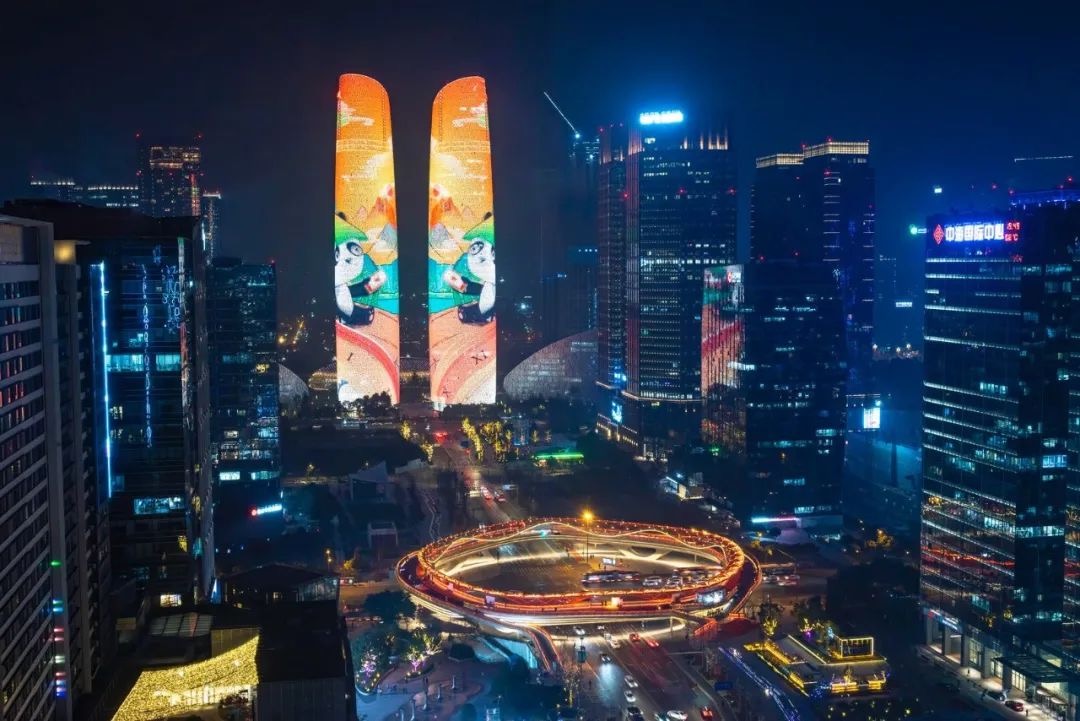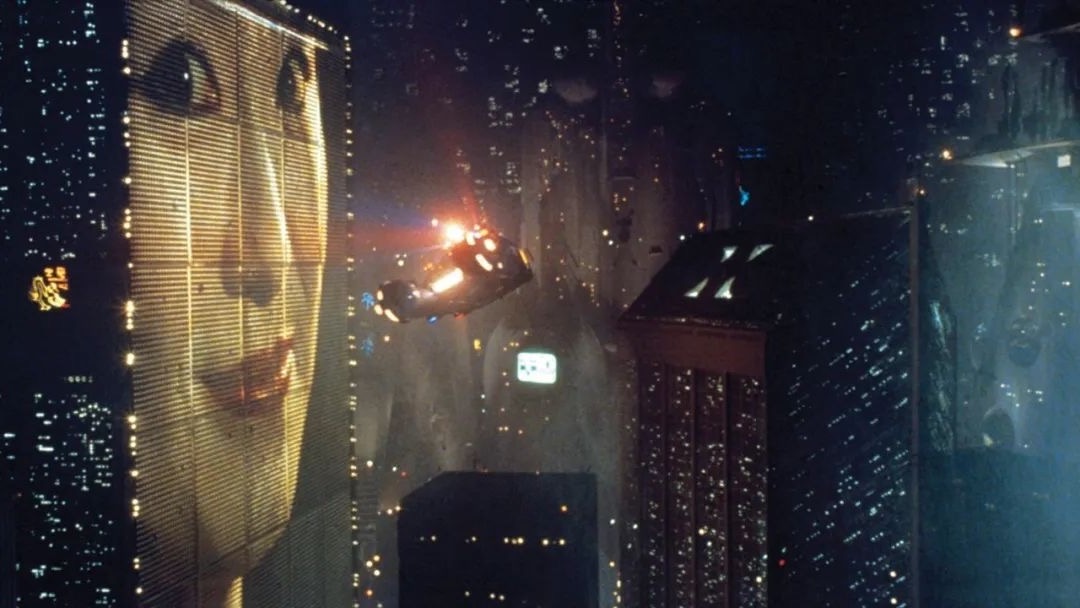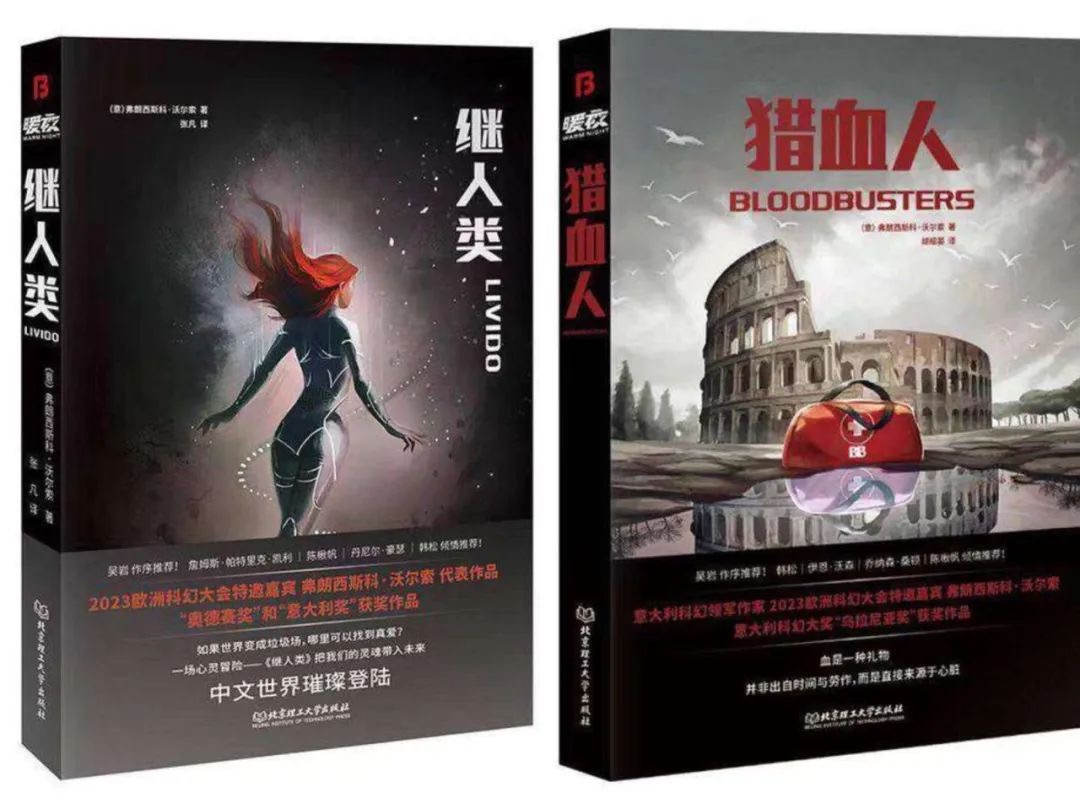This October, the World Science Fiction Convention (Worldcon) will be held in Chengdu, bringing together sci-fi fans and writers from all over the world.
As the sci-fi event is approaching, we have teamed up with Red Star New Culture to launch a series of interviews named "Dialogue with Sci-Fi Heavy Hitters". Today we talk to Francesco Verso.

Francesco Verso, 50, an Italian sci-fi writer, formed ties with Chinese sci-fi nearly a decade ago when he first read the Chinese sci-fi work translated by Ken Liu. He felt "as if he had discovered a new continent".
Verso is not only an outstanding writer, but also a senior editor and independent publisher. Since 2014, he has been an editor of the multicultural project Future Fiction,publishing excellent sci-fi novels from more than 30 countries in 13 languages. In recognition of this achievement, Verso won the Best Publisher award of the European Science Fiction Association in 2019.
Over the years, with sincere enthusiasm, Verso has gradually read, translated, and published works of many Chinese sci-fi writers, introducing the latest features of Chinese sci-fi to Italian readers.
With his unremitting efforts, in just a few years, the Italian writer with Baggio-styled goatees has become an important bridge in facilitating grassroots exchanges between the Chinese and Italian sci-fi circles. Solarpunk, the new sci-fi genre that he advocates and represents has garnered increasing recognition by more and more Chinese sci-fi fans.
01
The Marco Polo of science fiction realm
On the website of Future Fiction, the description reads, "Future Fiction, a project born to explore the biodiversity of the future".
According to Verso, Future Fiction mainly selects cutting-edge sci-fi topics that are relevant to modern life in various countries. For example, solarpunk, biotechnology, AI, climate, etc.
"Currently we have translated and published more than 160 electronic books and more than 60 paper books from more than 20 countries and regions in over 10 languages, including Chinese, Russian, English, French, German, Spanish, Portuguese, and Polish," Verso introduces. "Our project now has the largest and most complete catalogue of Chinese sci-fi in Europe, and it can be said that it is one of the leading projects in the world to actively introduce, translate and promote Chinese sci-fi literature."
 ● Official website of Future Fictio
● Official website of Future Fictio
Translation and publishing is a major part of the Future Fiction project, which also organizes sci-fi forums and events. Moreover, the project provides first-hand materials for sci-fi education in Italian institutions of higher learning.
Verso claims, although we all live in a multicultural world, there is no denying that English culture still dominates global communication. "Even in my own case, my first encounter with Chinese sci-fi novels, was through Ken Liu's English translation."
He first read works by young sci-fi writer, such as Tongtong's Summer and Spring Festival by Xia Jia and Coming of the Light by Chen Qiufan. Through Ken Liu's good translations, Verso was deeply attracted by the unique imagination of these two Chinese sci-fi writers, and thus sparked a great curiosity and interest in Chinese sci-fi.
 ● The Italian edition of Spring Festival by Xia Jia
● The Italian edition of Spring Festival by Xia Jia
"There are a large number of excellent sci-fi writers and works in non-English speaking regions, such as China, Africa and South America. But they are not better understood because of language barriers," Verso says. "So I hope to remedy this defect by taping outstanding sci-fi stories from non-English speaking countries, promoting international sci-fi novels and maintaining the diversity of sci-fi culture in the future."
In 2015 and 2016, Verso collaborated with the Mincione Edizioni to publish the electronic sci-fi collection by Xia Jia and Chen Qiufan, as well as two independent electronic novels, Ether by Zhang Ran and Yuanyuan’s Bubbles by Liu Cixin.

● Yuanyuan’s Bubbles by Liu Cixin
On Ken Liu's recommendation, Verso contacted Dr. Chiara Cigarini (Chinese name: Caiyun), an Italian scholar who was studying at Beijing Normal University at that time. through Caiyun’s introduction, he was introduced to Professor Wu Yan, a famous expert in sci-fi research.
From then on, the door of Chinese sci-fi world was opened to the curious Italian.
02
A staunch protector of future diversity
Verso came to China for the first time in 2017. In the following two years, he returned five more times, all on invitations to participate in various sci-fi conventions and events.
"On each visit, I make new friends and get to know new brilliant sci-fi writers. They are all very supportive and eager to introduce their works to more foreign readers," Verso mentions. "A lot of writers directly email me their stories. I collaborate with the translators to select works that align with the publishing concept of Future Fiction. We then translate them. It's a very efficient process and we have introduced a lot of new untranslated Chinese sci-fi works to the English-speaking markets."
With the help of the Chinese sci-fi community, Future Fiction has published Chinese-Italian bilingual sci-fi anthologies and collections of Chinese sci-fi writers, including Nebula: Fantascienza contemporanea cinese, Sinosfera, Chen Qiufan's L'eterno addio, Xia Jia's Festa di primavera, and Han Song's I mattoni della rinascita.

● Some Chinese sci-fi works translated and introduced by Future Fiction
In addition, Future Fiction has also published comic books based on Xia Jia's A Hundred Ghosts Parade Tonight and Chen Qiufan's Coming of the Light , which are also the first of their kind in the world.
According to Verso, other publishers in Italy have intermittently translated Chinese sci-fi works. Liu Cixin's The Three-Body Problem, for example, was published by the prestigious Mondadori Group. "But the only publisher that keeps publishing Chinese sci-fi is Future Fiction."

● I Camminatori by Francesco Verso (Italian edition)
Verso perceives himself as a lone ranger. "Although as an independent publisher, I have limited budget and promotional resources, I am full of confidence for the future, because the world is now paying close attention to China. I believe as long as we continue to promote it, a growing number of readers will find the unique cultural value embedded within Chinese sci-fi."
In his eyes, Chinese sci-fi provides indispensable rich colors for the landscape of global sci-fi literature. "A single point of view, a single language, a single religion, a single economy, and a single way of life is very dangerous for the protection of the 'biodiversity' of sci-fi and the future, and even for the entire human civilization."
03
The thinkers and 'prophets' of Chinese sci-fi
In 2017, Verso invited Wu Yan to write the foreword for Nebula: Fantascienza contemporanea cinese, Future Fiction’s first bilingual translation of Chinese sci-fi work, and to attend the book launch party in Italy. In the same year, Wu invited him to participate in the sci-fi convention that would be held in Chengdu.
During his first trip to China, Verso was not only shocked by the enormous potential of Chinese sci-fi development, but also deeply impressed by the city of Chengdu.
Verso's hometown, Bologna, is one of the oldest cities in Italy. It is the home to the oldest university in Europe (University of Bologna), which was founded in 1088 AD. And it is the hometown of the great artist Giorgio Morandi.
 ● The time-honored Bologna
● The time-honored Bologna
"In many corners of the city, buildings and streets retain their medieval or Renaissance appearance," Verso says. "So when I first came to Chengdu, I was struck by the ultra-modern features this older city shows."
He remembered that his room was on the 33rd floor of the hotel. "I can't recall the hotel’s name, but it is extremely high and the elevators go up and down like a rocket!"
 ● The light show on the twin towers of Tianfu International Financial Center. Photo by Wang Qin
● The light show on the twin towers of Tianfu International Financial Center. Photo by Wang Qin
That night, he sat for a long time in front of the floor-to-ceiling window at the hotel room and watched the skyline outlined by the brilliant lights, reminding him of his favorite sci-fi film Blade Runner. "My first impression of Chengdu is particularly cyberpunk, extremely cool and charming."
 ● A still from Blade Runner
● A still from Blade Runner
Verso is very pleased that the first Chinese city to host the Worldcon is Chengdu. "It marks a wonderful start full of hope. In the city where Science Fiction World was born, Chinese sci-fi will be further propelled onto the world stage and gain increased recognition from a growing number of people."
Chinese sci-fi fans are also getting to know him better. The Chinese translations of his sci-fi novels Livido and Bloodbusters have been published in China. The former tells a near-future story of a humanoid cyborg merge reminiscent of the Battle Angel, Alita, while the latter envisions a bizarre story in which taxes are paid in the form of blood extraction.

Both books are excellent. The famous sci-fi writer Han Song said that Francesco Verso brings classical utopian and Renaissance qualities to modern fantasy art, "It seems like a combination of Da Vinci, Calvino and Matteo Ricci, but with a dark, crazy and terrifying prophecy."
04
The advocate of solarpunk
Beyond the dark side of the moon in his written world, Verso has a rather sunny side -- he is one of the prime advocates behind a new genre of sci-fi called solarpunk.
Solarpunk is closely related to the concept of environmental protection, emphasizing the sustainability of efficient energy sources and the minimal negative effect of technology. The cyberpunk we're more familiar with focuses on the high-tech life at the bottom of society. For example, typical cyberpunk movies like Blade Runner feature endless nights, flashing neon lights, giant holographic ads, rain, ruins, and flying cars slowly driving to pyramid-like buildings...

● One of the masterpieces of solarpunk, written by Brazilian writer Ribeiro
Solarpunk, in contrast, lacks a strong sense of imagination and mystery. It seems to be more grounded in its vision of the future. The protagonists often belong to a certain class of the society. They fighting for the idea of freedom and equality and slightly lean towards anarchism. They advocate a return to nature and use resources in a low-energy and recyclable way.
Solarpunk derives from the fact that the cleanest and cheapest source of energy comes
Compared to cyberpunk, which focuses on metal, industry, and high technology, solarpunk exudes a a more archaic quality, as if originated from the distant memory of the previous generation of human civilization with its emphasis on nature. Verso's latest solarpunk-themed sci-fi novel, The Wanderers, presents a picture in which people abandon the city (which is set in Rome) and venture into the wilderness beyond the city in search of survival.

● Come Ho Imparato Ad Aare Il Futuro is a solarpunk genre fiction.
In Four Lost Cities: A Secret History of the Urban Age, American author Annalee Neuitz writes, “The urban age doesn’t have to end this way.”

● The ruins of Chatahoyuk
From Chatahoyuk in central Turkey, founded 9,000 years ago, to Cahokia, the medieval center of "Mississippi culture" in the Americas, as well as Angkor and Pompeii, the Nebula Award-nominated writer has discovered that historic cities are never "lost" overnight like Atlantis.
In fact, over the past 8,000 years or so, the inhabitants of abandoned ancient cities around the world gradually left their cities because of practical circumstances.
 ● The ruins of Pompeii
● The ruins of Pompeii
"What has happened in the past will happen again in the future," Verso claims. "We have taken away too many resources and never pay back."
His idea of solarpunk is not about how the future can be better imagined, but about how humans could act and bring about changes through certain rules. "We can't just think about ourselves, and we can't always count on others. Of all the countless sci-fi visions of the future, solarpunk is certainly the one that's pretty close to reality."